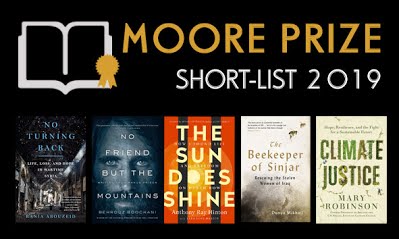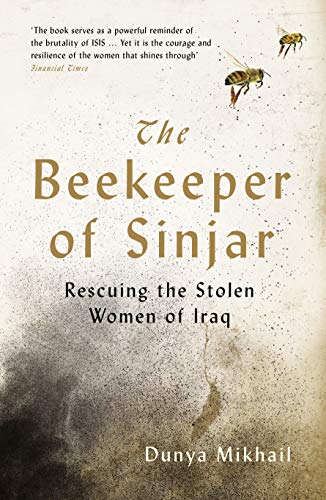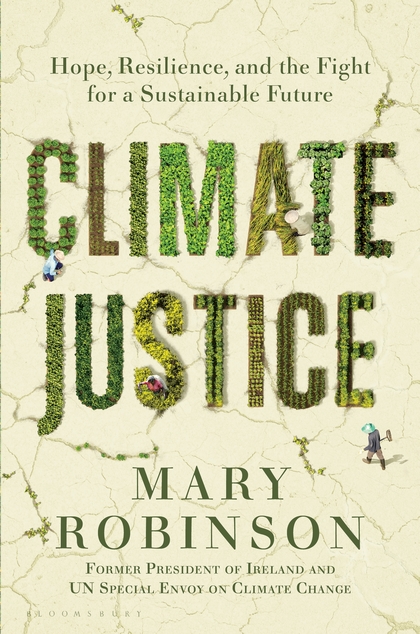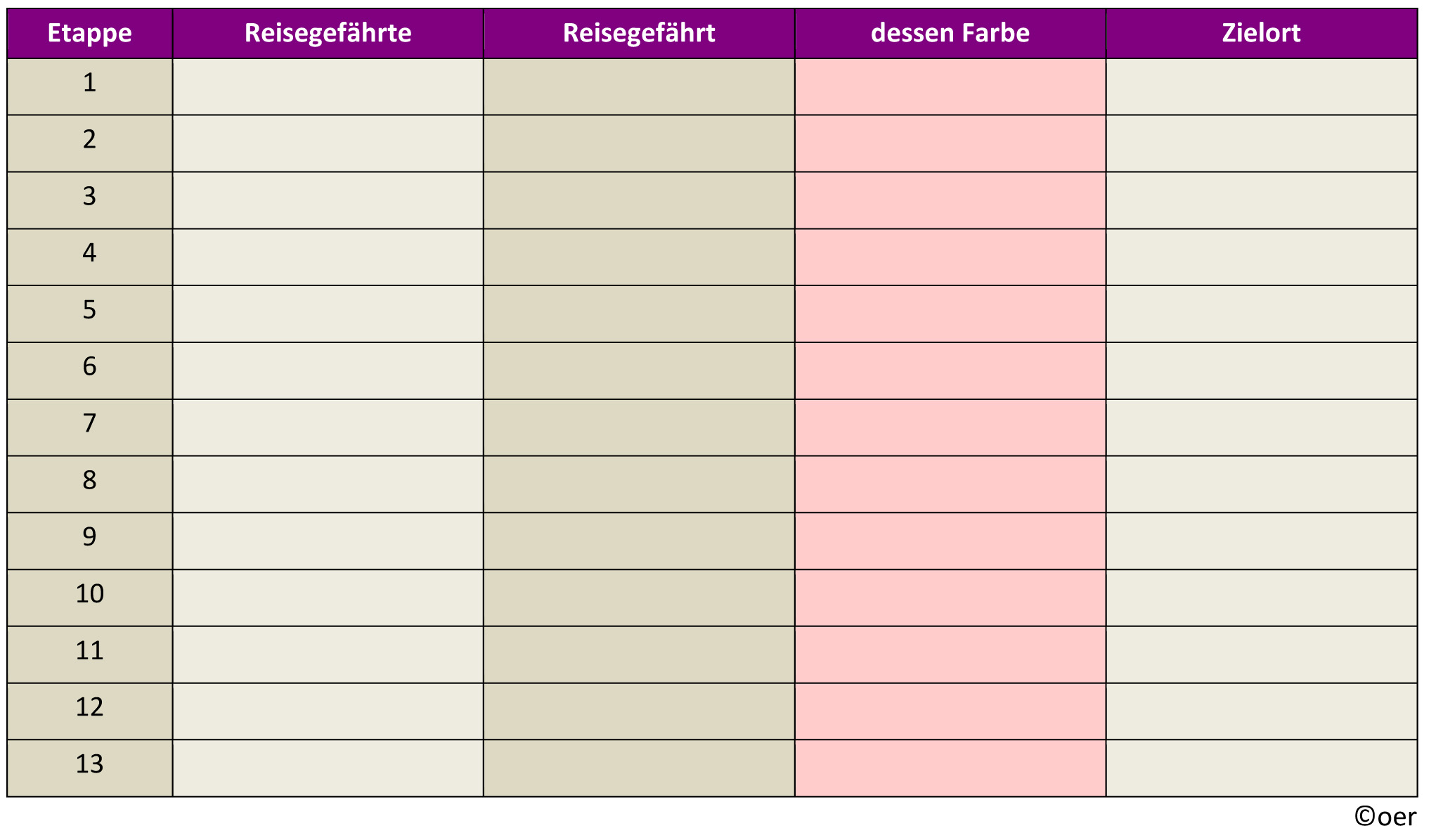
To encourage original, creative, and courageous writing
General Statement by the Members of the Jury:
This year’s finalists for the Moore Prize are a diverse set of books that attest, individually and collectively, to the resilience of the human spirit and value of human dignity when these are most imperiled. Our imaginations are challenged and our capacities for empathy and sympathy enlarged in unexpected ways by reading these imaginative and ambitious writers.
Five non-fiction titles have been short-listed for consideration for the 2019 Moore Prize, representing a wide selection of human rights issues from various parts of the globe by a diversity of authors. The jury’s statement:
“We feel that this list presents a fair representation of the many strong human rights-related books published in the past year. The list contains some of the major human rights issues of the year (immigration, climate change, armed conflicts and impunity, death penalty); geographic range of problems (US, Australia, Syria, Iraq, and the planet as a whole); voice (first-hand accounts, close reportage, sampling); and also a diversity of authors.”
Moore Prize 2019 Finalists (in alphabetical order of authors’ names):

No Turning Back (W. W. Norton & Company 2019)
by Rania Abouzeid
Drawing on the stories of fighters, rebels, children and families, Rania Abouzeid gives an insider account of the uprising/war in Syria as experienced by those who lived it. She illustrates the horrors of war and shows how the rebellion was corrupted by outside forces with their own agendas. Written clearly, compellingly and sympathetically with sharp analysis, this is an important read for those interested in Syria, human rights or geopolitics.

No Friend But the Mountains (Anansi International 2019)
by Behrooz Boochani
The author is a Kurd who left Iran and traveled to Indonesia and then across the water with the hope of finding a better life in Australia but instead was banished to the nightmarish detention facility established by Australia in Papua New Guinea. Behrooz Boochani wrote his messages in Persian from inside the facility and used a mobile phone to send them out to be organized and transcribed and translated. It is part survivalist story, part prison chronicle, part philosophical treatise on how a liberal democracy uses systems of control to dehumanize people seeking refuge. As urgent as the text messages used to write it and as timeless as the poetry at its heart, this book is a chronicle of humanity vs. inhumanity.

The Sun Does Shine (St. Martin’s Griffin 2019)
by Anthony Ray Hinton
The author lived 28 years on death row in an Alabama prison for a crime he didn’t commit, and for which there was clear evidence of his innocence. Anthony Ray Hinton’s account is moving, revealing and inspiring. It is a very personal story firmly rooted in the author’s own optimism. It outlines human rights abuses in US prisons—extreme racism, corruption and unjust courts, but it also illustrates the triumph of the human spirit.

The Beekeeper of Sinjar (New Directions 2018)
by Dunya Mikhail
The Beekeeper of the title rescued Yazidi girls who were kidnapped by ISIS in Iraq. Recounted in interviews with him and some of the rescued women interspersed with the author’s own thoughts, the book exposes the horror of ISIS treatment of their victims. Dunya Mikhail, a renowned Iraqi poet, writes beautiful prose that accentuates the ugliness of a system of belief dedicated to misogyny and hatred.

Climate Justice (Bloomsbury Publishing 2018)
by Mary Robinson
Mary Robinson delves into communities across the world to paint a picture of what is being done locally to address climate change. The book is notable in that it reveals, through the stories of local activists, how climate change affects people’s lives and livelihoods, and outlines what is being done about it at a grassroots level. Here we have an immediate and intimate picture of the crisis and its human costs.
The winner for the 2019 Moore Prize will be announced on November 30, 2019 by the Christopher G. Moore Foundation in London. The winner of the Prize receives £1,000 and an engraved certificate.
The Moore Prize was established to encourage original, creative, and courageous writing about the relationship of power to the lives of ordinary citizens in all parts of the globe; and to encourage authors to investigate and analyze the causes of conflict, abuse and violation of human rights.
The 2019 jury is composed of Adrienne Loftus Parkins, an international literary consultant; Phil Robertson, deputy director of Human Rights Watch’s Asia division; and Sam Zarifi, Secretary General of the International Commission of Jurists.
The Moore Prize was awarded to Anjan Sundaram for Bad News in 2017 and to Deepak Unnikriskan for Temporary People in 2018.
- Christopher G. Moore, a Canadian novelist and essayist, living in Bangkok, is CrimeMag South East Asia correspondent and the author of the award-winning Vincent Calvino series and a number of literary novels and non-fiction books. His books have been translated into 13 languages. The Christopher G. Moore Foundation is awarding a literary prize for a work of non-fiction, which advances understanding of human rights and freedom of Expression.
A (German) review of his novel „Springer“ (Jumpers) here.
„Bloody Questions“ from Marcus Muentefering here.
His essays with CrimeMag here.
His website here.











